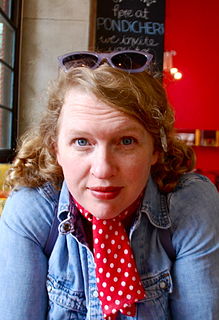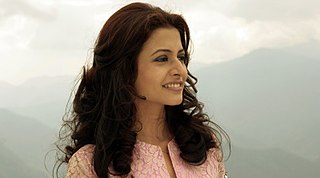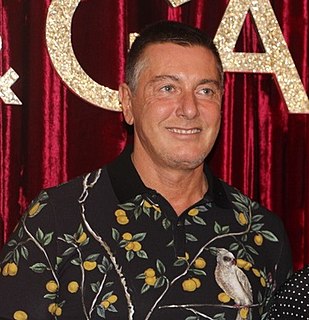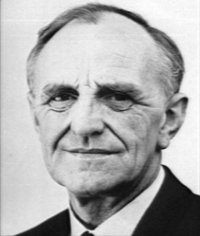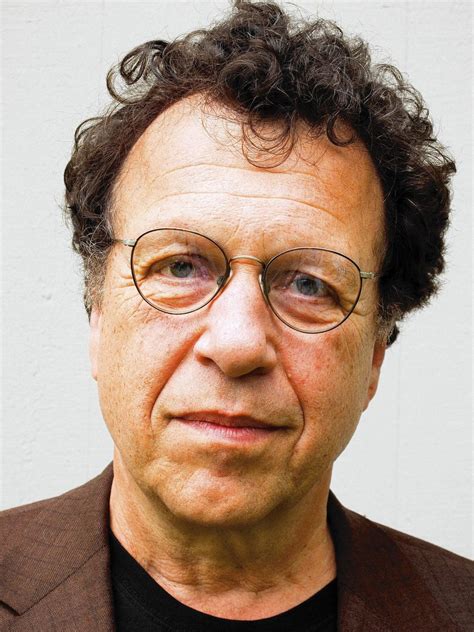A Quote by Margaret Atwood
No mother is ever, completely, a child's idea of what a mother should be, and I suppose it works the other way around as well. But despite everything, we didn't do too badly by one another, we did as well as most.
Related Quotes
Americans have a hard time writing moms. I'll get a script and everything's really great and well-drawn, but the mom is like stock footage, they go and get that out. They plug it in, this idea of "mother." You could lift moms out of any script, no matter what the culture, what the neighborhood, what the economic status, and you could switch them around, and they'd be the same person. I think it's because most people don't really have a human idea, a specific life that they attach to who their mother was. Their mother was there for them, so it either gets deified, or the opposite.
Mother love has been much maligned. An over mothered boy may go through life expecting each new woman to love him the way his mother did. Her love may make any other love seem inadequate. But an unloved boy would be even more likely to idealize love. I don't think it's possible for a mother or father to love a child too much.
My mother made me a scientist without ever intending to. Every other Jewish mother in Brooklyn would ask her child after school, So? Did you learn anything today? But not my mother. Izzy, she would say, did you ask a good question today? That difference - asking good questions - made me become a scientist.
Having children can smooth the relationship, too. Mother and daughter are now equals. That is hard to imagine, even harder to accept, for among other things, it means realizing that your own mother felt this way, too--unsure of herself, weak in the knees, terrified about what in the world to do with you. It means accepting that she was tired, inept, sometimes stupid; that she, too, sat in the dark at 2:00 A.M. with a child shrieking across the hall and no clue to the child's trouble.
"Baby, you know?" my mother once said to me. "I think you're the greatest woman I've ever met - and I'm not including my mother or Mrs. Eleanor Roosevelt in that." She said, "You are very intelligent and you're very kind, and those two qualities do not often go together." Then she went across the street and got in her car, and I went the other way down to the streetcar. I thought, "Suppose she's right. She's intelligent - and she's too mean to lie." You see, a parent has the chance - and maybe the responsibility - to liberate her child. And my mom had liberated me when I was 17.
A mother's love is everything, Jared. It is what brings a child into this world. It is what molds their entire being. When a mother sees her child in danger, she is literally capable of anything. Mother have lifted cars off of their children, and destroyed entire dynasties. A mother's love is the strongest energy known to man. You must that love, and it's power.
The great constructive energies of the child ... have hitherto been concealed beneath an accumulation of ideas concerning motherhood. We used to say it was the mother who formed the child; for it is she who teaches him to walk, talk, and so on. But none of this is really done by the mother. It is an achievement of the child. What the mother brings forth is the baby, but it is the baby who produces the man. Should the mother die, the baby still grows up and completes his work of making the man.
A child, thought Carl, is not the only result of childbirth. A mother, too, is born. You see them every day--nondescript women with a bulge just above the groin, slightly double-chinned. Perpetually forty. Someone's mother, you think. There is a child somewhere who has made this woman into a mother, and for the sake of the child she has altered her appearance to better play the part.
The mother, the father and the child have to come into a sacred relationship. The mother must see the father and the child as a holy and sacred person. The father must see the mother and the child as a holy and sacred person. And then the child can see the mother and the father as God, which is the way it should be, as a sacred being.
The myth of independence from the mother is abandoned in mid- life as women learn new routes around the mother--both the mother without and the mother within. A mid-life daughter may reengage with a mother or put new controls on care and set limits to love. But whatever she does, her child's history is never finished.


